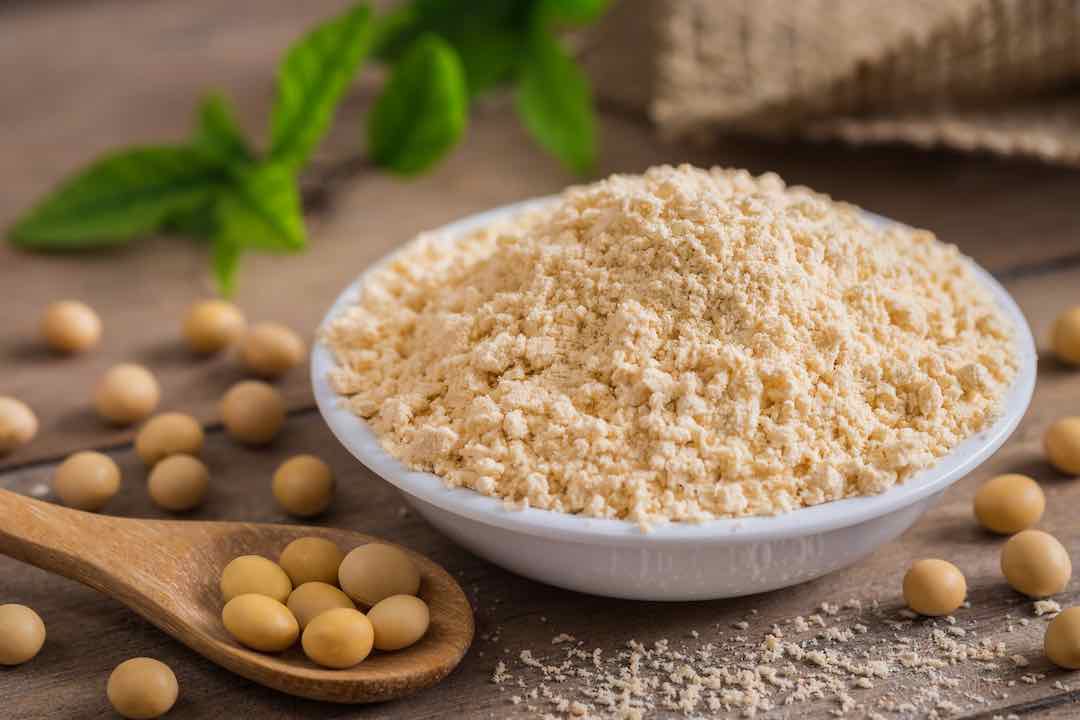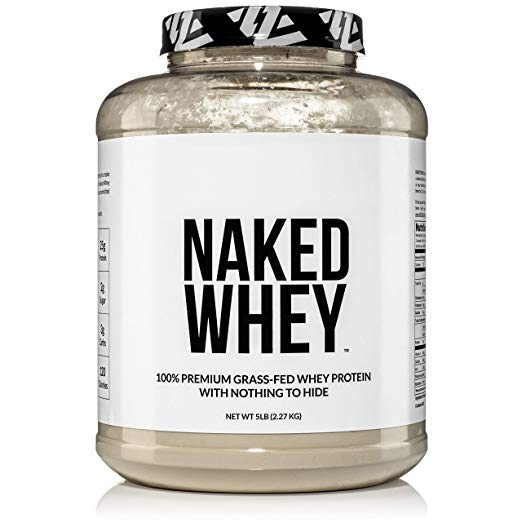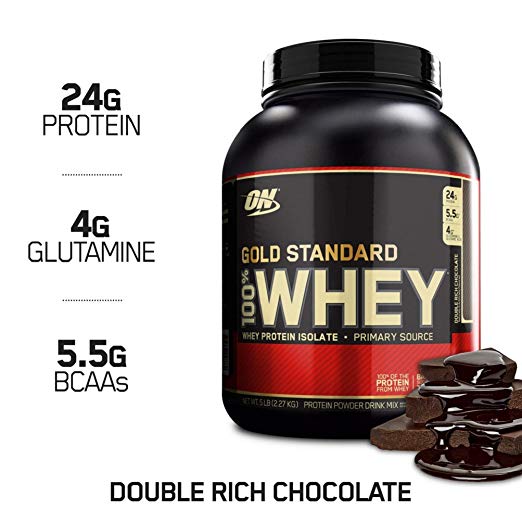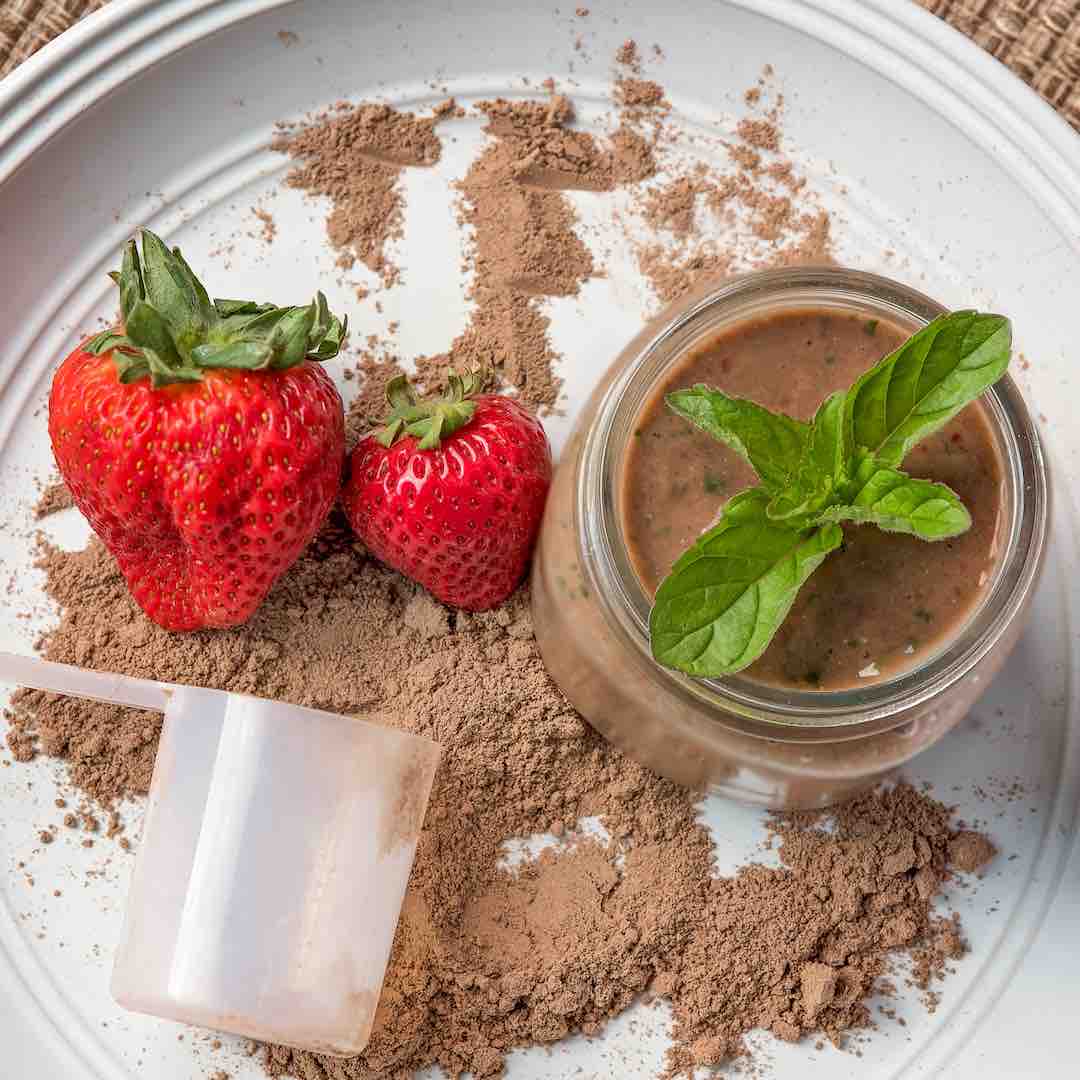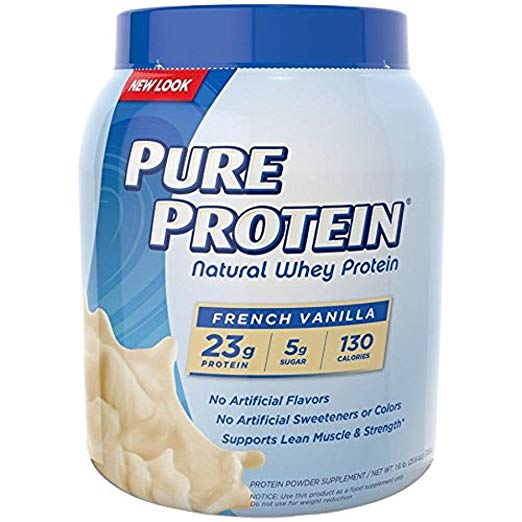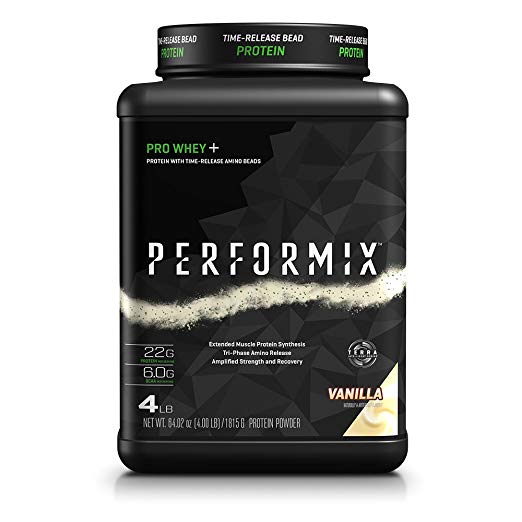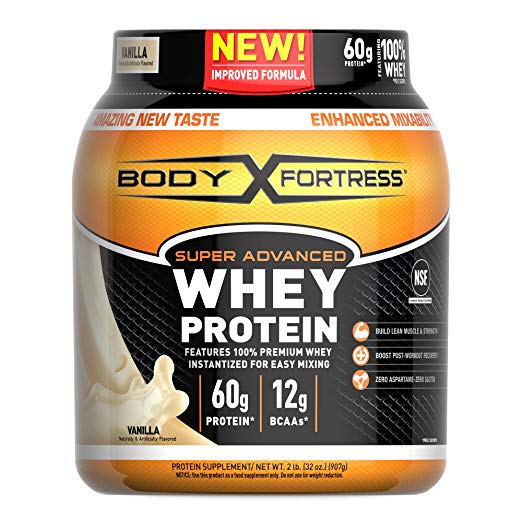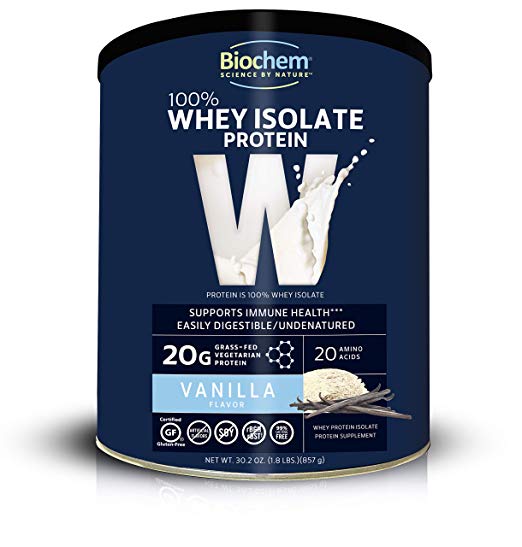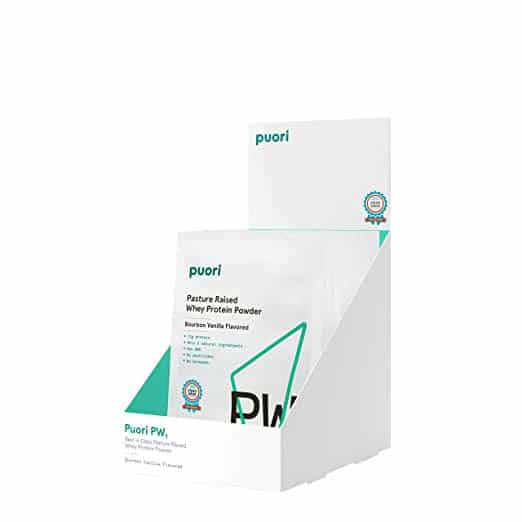Protein. Did you ever think you could be doing it wrong? We all eat it and talk about how important it is, but do we know how much or what type we should be consuming? It’s one of the most critical nutrients but many of us don’t get enough of it. We know that getting older means that our needs change and the need for protein is no exception. If getting the right type and right amount of protein is difficult, protein powders may be the way to go. Check out our information on the best protein powders to take if you want to feel great!
Protein is a pretty big deal
Protein is an organic compound composed of amino acids. Think of it as the builder/home remodeler of your body. It builds bones, muscles, cartilage, skin and blood. And, it repairs tissues and cells that need re-building. Production of enzymes, hormones and body chemicals? Protein.
Did you know that this combination makes up an essential part of the body tissues (muscle, hair, collagen) of all living organisms? And as we age, we may need more protein if we lose muscle mass due to illness or a less active lifestyle.
As with anything ingested, it’s worth taking the time to learn a few things about protein powders or supplements to make sure you pick the right product.
Why take protein powder?
Generally speaking, adults in typical situations shouldn’t really need supplements of any kind – if they are eating a variety of “clean”, healthy foods. But is there really a typical situation? Being realistic, there are many reasons why we might turn to protein powders:
- Not receiving enough protein in the diet
- Difficulty digesting foods that are typically high in protein
- General health benefits
- To improve or supplement fitness-related activities (build or maintain muscle mass or tone)
- Meal replacement – due to illness, lifestyle, convenience
Types of protein found in supplements
Although there are plant-based proteins, the most complete protein (with all of the required amino acids) comes from animal products. However, vegetarians and vegans have more options than ever and ingredients for some of the best vegan protein powders are included below.
- Whey – the most commonly used. Derived from milk. Great to use after working out. Breaks down quickly so essential amino acids are delivered quickly
- Whey isolate – the low fat and lactose-free whey version
- Casein – derived from milk but breaks down slower. Best for meal replacement or snacks
- Egg – also lactose-free
- Soy – a great source of non-animal protein, derived from soybeans. Acceptable for vegans. It appears in a number of food products but there are some concerns about excessive use of soy including the possibility of hormonal imbalances
- Pea protein – vegan and hypoallergenic, it’s an excellent source of several of the required amino acids
- Brown rice protein – not a complete protein but has several other benefits including a claim that it is as effective as whey in building muscle and improving strength. Hypoallergenic and vegan
- Hemp – Newer to the market. Becoming very popular for its many uses, so it may be more expensive than other sources of protein
- Collagen – an interesting and multi-purpose protein choice. Also a newer entrant to the market, collagen protein is derived from the skin or bones of cows and pigs or from the skin and scales of fish. It provides a very respectable amount of protein but carries additional benefits for joints, bones and skin
- Mixed plant-based – as the name implies, it contains a variety of plant-based protein which, as a total, should contain sufficient protein. May have additional nutritional benefits
Interestingly, multiple sources cite chocolate milk as a great recovery beverage after a workout. (I vote for that!).
How much protein do you need?
Would you be surprised to learn that, in addition to the problems associated with getting too little, you can get too much as well? Don’t believe the fitness or weight loss hype about ingesting large amounts of protein. Like water, our bodies can only absorb so much. If your goal is weight loss, excess protein is wasted – the leftover amino acids are excreted and guess what happens to the extra protein? It’s stored as fat! Nooooo! Pretty much not the best weight loss plan!
There can be other physical side effects as well. For example, older adults with impaired kidney function who consume excess protein may experience increased health risks. Even with a seemingly beneficial nutrient, it’s important to consult with a doctor prior to significant dietary changes.
AARP states that the RDA (recommended dietary allowance) for adults 18 and over is about 2.3 ounces for a weight of 180. Adults at 65+ years of age may need more because the aging process may contribute to a loss of muscle mass (sarcopenia).
To determine your RDA, multiply your weight x 0.36. Ex: (0.36 x 180 lbs = 64.8 grams or a bit over 2 ounces). You may want to double that number if you’re very active or more focused on optimal protein to maintain muscle and control weight as you age.
Top protein powders
There are so many choices and so much information that it can be overwhelming to determine the best option for you. And, a search for “best protein powders” will yield pages and pages of results and advertisements. Start with these tips to narrow your choices:
- Determine your objective for using a protein powder
- Decide which type of protein is best suited to help you achieve your objective, for example:
- Weight management – protein that is “filling”
- Vegan or hypoallergenic – plant-based
- Multiple benefits – collagen
- Research the product using the tips in this article to determine the best value that meets your needs
Check out the Orlando Sentinel’s Best Reviews feature which lists their top 5 picks for protein powders. Best Reviews is unbiased as they don’t accept products from manufacturers, and they conduct their own research. Their top 2 choices:
- Labeled “Best of the Best” – Naked Nutrition’s Naked Whey. On the expensive side but contains the purest ingredients with a great, fresh taste
- “Best Bang for the Buck” – Gold Standard 100% Whey Protein Powder. An all-whey powder that provides good value
Great recipes for protein powders
Courtesy of Healthline.com, try the following recipes for tasty ways to use your protein powder.
- Mix with water, milk or your favorite non-dairy drink (“milk” from nuts or oats)
- In yogurt
- Smoothies!
- Add collagen peptides into coffee for a creamy boost of protein
- Bake it into your favorite healthy desserts
- Stir some into the pancake mix
- Vanilla protein powder makes your oatmeal creamy (and energizing)
- Homemade energy bites with powder, oats, dried fruit and nut butter
- Gummies (yummies) with collagen peptides, cooked berries and lemon juice
Read the label
With anything that you consume, reading the label is critical. In order to make protein drinks tasty, there may be a variety of unwanted ingredients that could diminish any gains of getting more protein in your diet – added sugar, dyes, fillers. And, because protein powders are classified as supplements, they don’t have the same FDA oversight as something categorized as food. That means that there are no standards to be sure you’re getting what you want and that you aren’t getting things you don’t want.
Even more concerning – some brands recommend using protein powders for pregnant women or teenagers or to consume up to 3 protein powder drinks per day to build and maintain muscles. However, Consumer Reports cautions that testing showed the presence of heavy metals in some protein powders. They used an analysis conducted by The Clean Label Project which assigns a score related to the presence of 4 elements including heavy metals and then calculates an overall score.
The five products that got the best overall scores were:
Pure Protein Vanilla Cream 100% Whey
Performix Pro Whey Sabor Vanilla Protein with Amino Beads
BodyFortress Super Advanced Vanilla 100% Whey Protein
BioChem Vanilla 100% Whey Protein
Puori PW1 Vanilla Pure Whey Protein
The bottom line
You don’t have to overpay for the best protein powder or get ingredients you don’t want or need. Check out the best protein powders in this article and drink your way to feeling great!
I’m a “reformed” corporate HR/business professional/adjunct professor, now happily transitioned into a freelance writing lifestyle as a second act. My joys include family and active grandparenthood, love of the outdoors, and travel adventures. I write/edit a wide variety of business and lifestyle articles, case studies and thought leadership guides. I’m only partway through the new chapters of my life so I’m working on blogging and writing several ebooks for my next projects. I try to live life by my motto – “I’ll get older but never old!”


